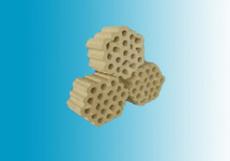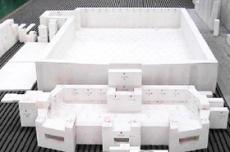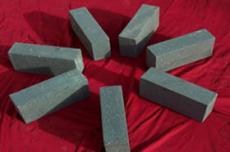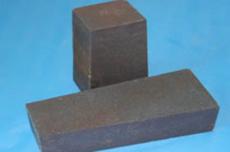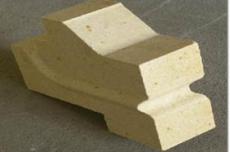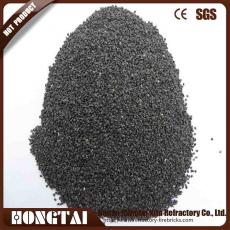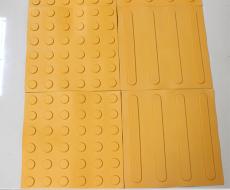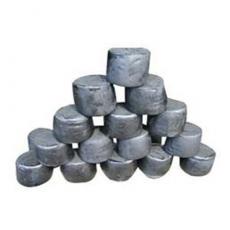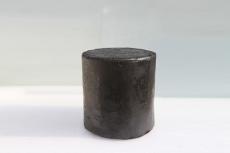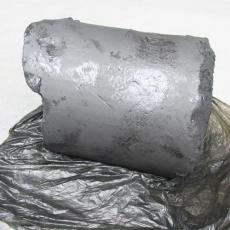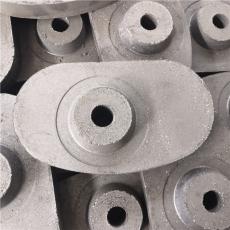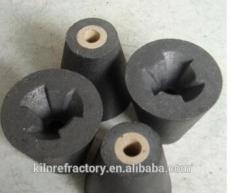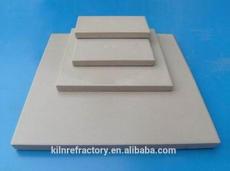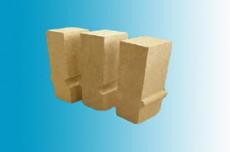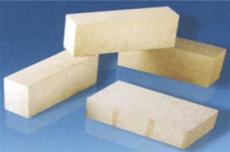
The chute of coke oven is a key component of the coke oven structure, and the laying quality of its refractory bricks is directly related to the safe operation and service life of the coke oven. This article will introduce in detail the laying method of refractory bricks in the chute of coke oven, the setting of expansion joints and the processing of chute bricks.
1. Laying method of refractory bricks in the chute of coke oven
The laying of refractory bricks in the chute of coke oven needs to follow certain process flow and technical requirements. First of all, it should be ensured that the refractory bricks used for masonry are of qualified quality, without cracks, damage, and the size meets the requirements. Before laying, the chute should also be cleaned to ensure that there are no debris and oil stains to ensure the quality of masonry.
During the laying process, the wet laying method should be adopted, that is, the refractory bricks should be bonded together with refractory mud. During the laying, it should be laid from the bottom to the top layer by layer according to the requirements of the design drawings, and the brick joints of each layer should be staggered to ensure the stability of the overall structure. During the masonry process, attention should be paid to controlling the masonry speed to avoid too fast or too slow masonry quality degradation.
In addition, the following points should be noted during the masonry process: First, ensure the flatness and verticality of each layer of refractory bricks to avoid unevenness or tilt; second, ensure the uniformity and tightness of the brick joints to avoid leakage or cracking; third, pay attention to timely filling and correction of gaps during the masonry process to ensure the integrity and sealing of the overall structure.
2. Expansion joint reservation
The expansion joint is an important part that must be reserved in the refractory brick masonry of the coke oven ramp. Its main function is to absorb the expansion and deformation of the refractory bricks at high temperatures and prevent structural damage caused by expansion. The reservation of the expansion joint should be determined according to factors such as the material, size and masonry method of the refractory bricks.
Generally speaking, the width of the expansion joint should be controlled within a certain range. Too wide will lead to loose structure and reduced stability, while too narrow may not be able to fully absorb the expansion and deformation of the refractory bricks. When leaving the expansion joint, attention should be paid to maintaining its uniformity and consistency to avoid different sizes or position offsets.
At the same time, during the masonry process, appropriate adjustments should be made according to the expansion characteristics of the refractory bricks. For example, in high-temperature areas or areas prone to expansion and deformation, the width of the expansion joint should be appropriately increased; while in areas with lower temperatures or stable structures, the width of the expansion joint can be appropriately reduced.
3. Processing of ramp bricks
Ramp bricks are refractory bricks specially used for the ramps of coke ovens, and their shapes and sizes are different from ordinary refractory bricks. During the masonry process, ramp bricks may need to be processed to meet different masonry needs.
The processing of ramp bricks mainly includes steps such as cutting, grinding and drilling. When cutting, a special cutting machine or cutting tool should be used to perform precise cutting according to the requirements of the design drawings. When grinding, appropriate grinding tools and equipment should be used to grind the cut brick surface to ensure that its flatness and smoothness meet the requirements. When drilling, the position and size of the hole should be determined according to actual needs, and a special drilling tool should be used for drilling operations.
During the processing of ramp bricks, the following points should also be noted: First, ensure that the processing accuracy and quality meet the requirements; second, avoid excessive damage or destruction to the brick body; third, pay attention to safe operation issues during processing to ensure the safety of personnel and equipment.
In short, the masonry method of refractory bricks in the ramp of the coke oven, the setting of expansion joints and the processing of ramp bricks are important links that cannot be ignored in the construction of coke ovens. Only by strictly operating and controlling in accordance with process requirements and technical standards can the safety, reliability and long-term stable operation of the ramp of the coke oven be ensured.
